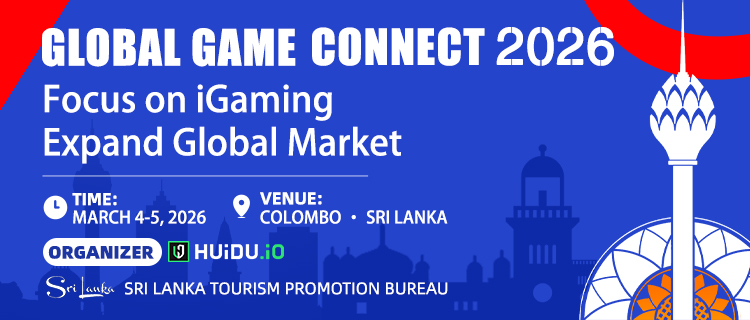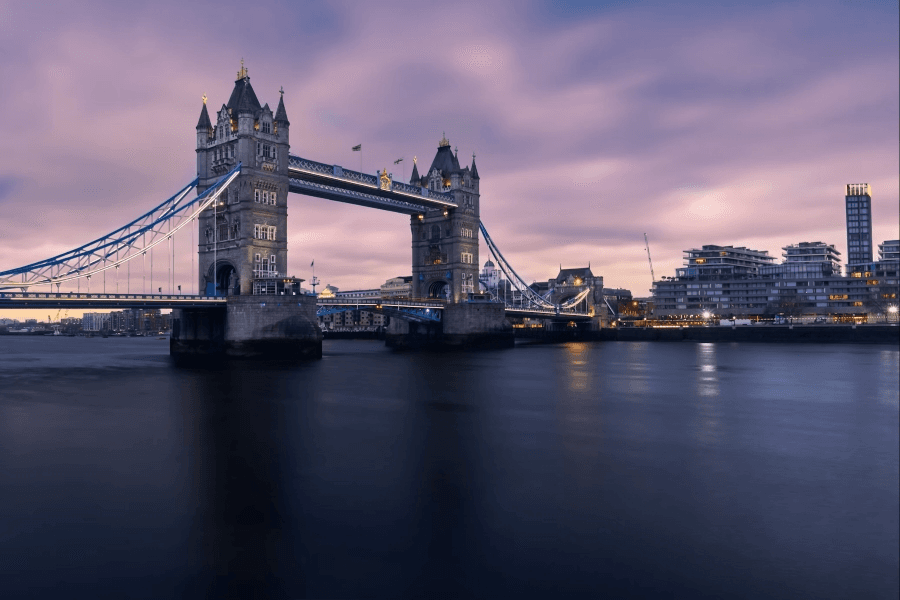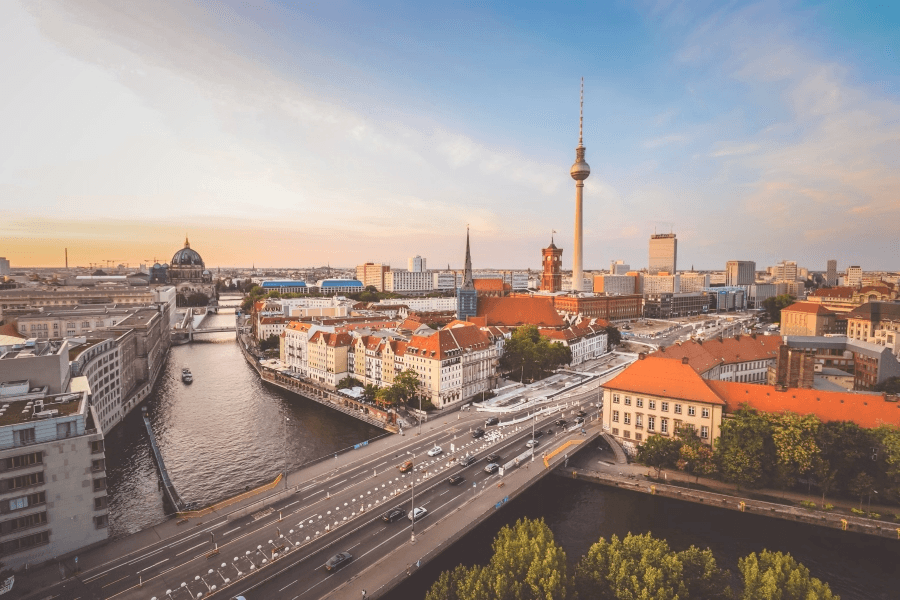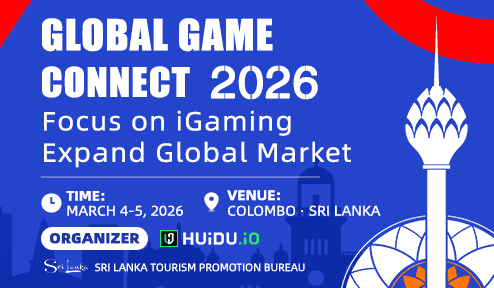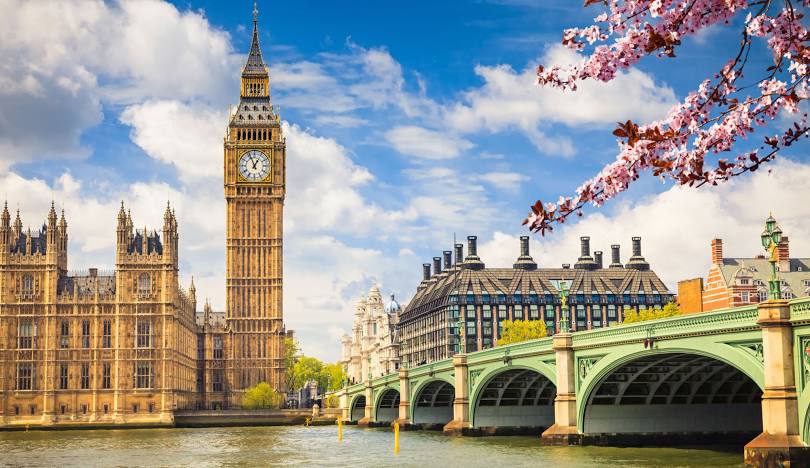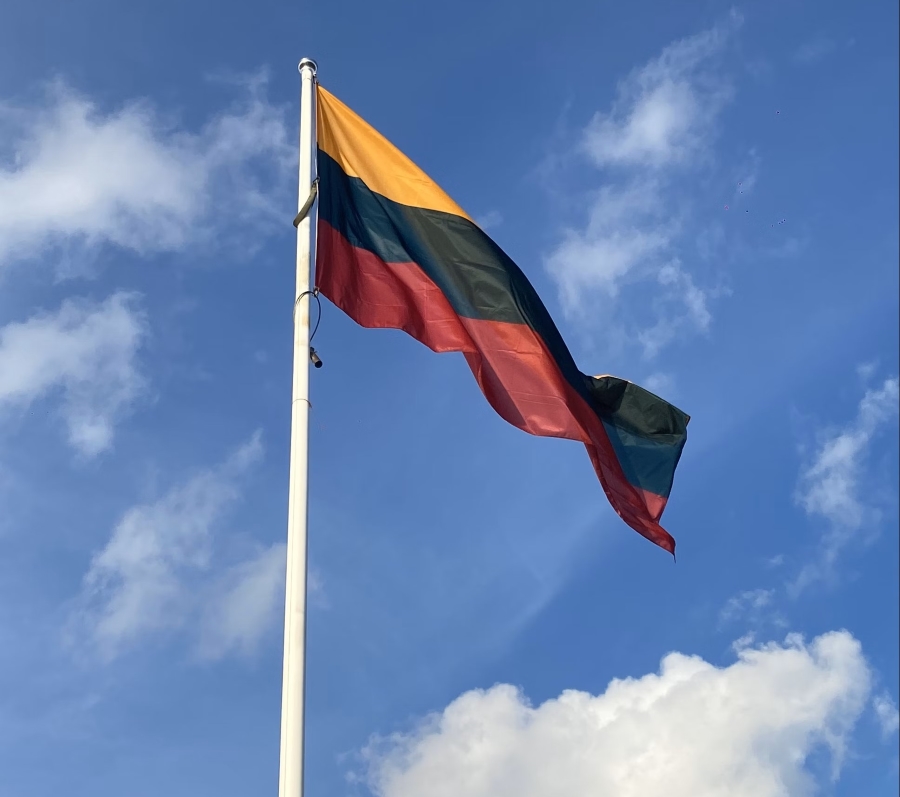
On 22 September Malaysia Communications Minister Datuk Fahmi Fadzil will meet with representatives of Facebook parent Meta to address online gambling concerns, specifically the growth of illegal iGaming ads on the social media platform.
Speaking to reporters on Sunday, Fahmi said “the majority of content taken down on Facebook consists of online gambling ads and gambling-related posts”. But Facebook has consistently failed to block the use of credit cards used to pay for such ads, he added.
“If a gambling ad is paid for using a credit card and Facebook knows this content is illegal in Malaysia, they should block the account,” Fahmi said. “But Facebook has refused to do so.”
Fahmi suggested the meeting will be of a “constructive” nature. “We are opting for dialogue rather than punitive measures. We do not intend to ban or shut down Facebook. Many people benefit from these platforms socially and economically. But we cannot allow criminals to misuse them for profit or to commit online crimes.”
Easy access, digital natives drive iGaming
About 65% of Malaysians are Muslim, belonging to a religion that prohibits gambling. According to the US-based National Institute for Biotechnology Information, Malaysians of Chinese and Indian descent are more likely to gamble and spend more on gambling.
Legal options include lotteries, bets on horse racing and betting at the country’s sole licensed casino, Resorts World Genting in Kuala Lumpur. Even so, there seems to be a preference for illegal gaming, which operates without government regulation or oversight. For instance, in 2018 illegal lotteries generated about 60% more revenue than the six legal operators combined, NIBI reports.
And so it goes with iGaming. Online gambling, while illegal, is highly accessible, and offshore providers are happy to process transactions in ringgits, the Malaysian currency. According to Complete Sports, Malaysian iGaming is surging “at an unprecedented rate” thanks to “smartphone penetration, fast internet and a young population of sports enthusiasts”. Malaysians are avid sports fans and love betting on badminton as well as the English Premier League.
Meta not responsible for compliance
In July, Meta proclaimed it would tighten its rules around online gambling ads on Facebook and Instagram. Its online gambling policy says advertisers “authorised for a single jurisdiction and gambling type” may target “any jurisdiction where they are licensed or lawfully permitted, with the exception of unsupported markets” including Malaysia.
However, Meta adds that it “is not responsible for how authorised ad accounts comply with local gambling laws and regulations”. Meanwhile, Malaysia’s Commercial Gambling Management Commission is working independently to crack down on online gambling ads and promotions.
According to the Malay Mail, the fight to curb illegal iGaming is part of a larger government effort to promote online safety. “We have the ability to make the internet safer, especially for children and families,” Fahmi said.
Malaysia’s Safe Internet Campaign, established in January, has visited more than 2,600 schools nationwide so far this year. It has set a target of reaching 10,000 schools by 2026.



 11Hours ago
11Hours ago
